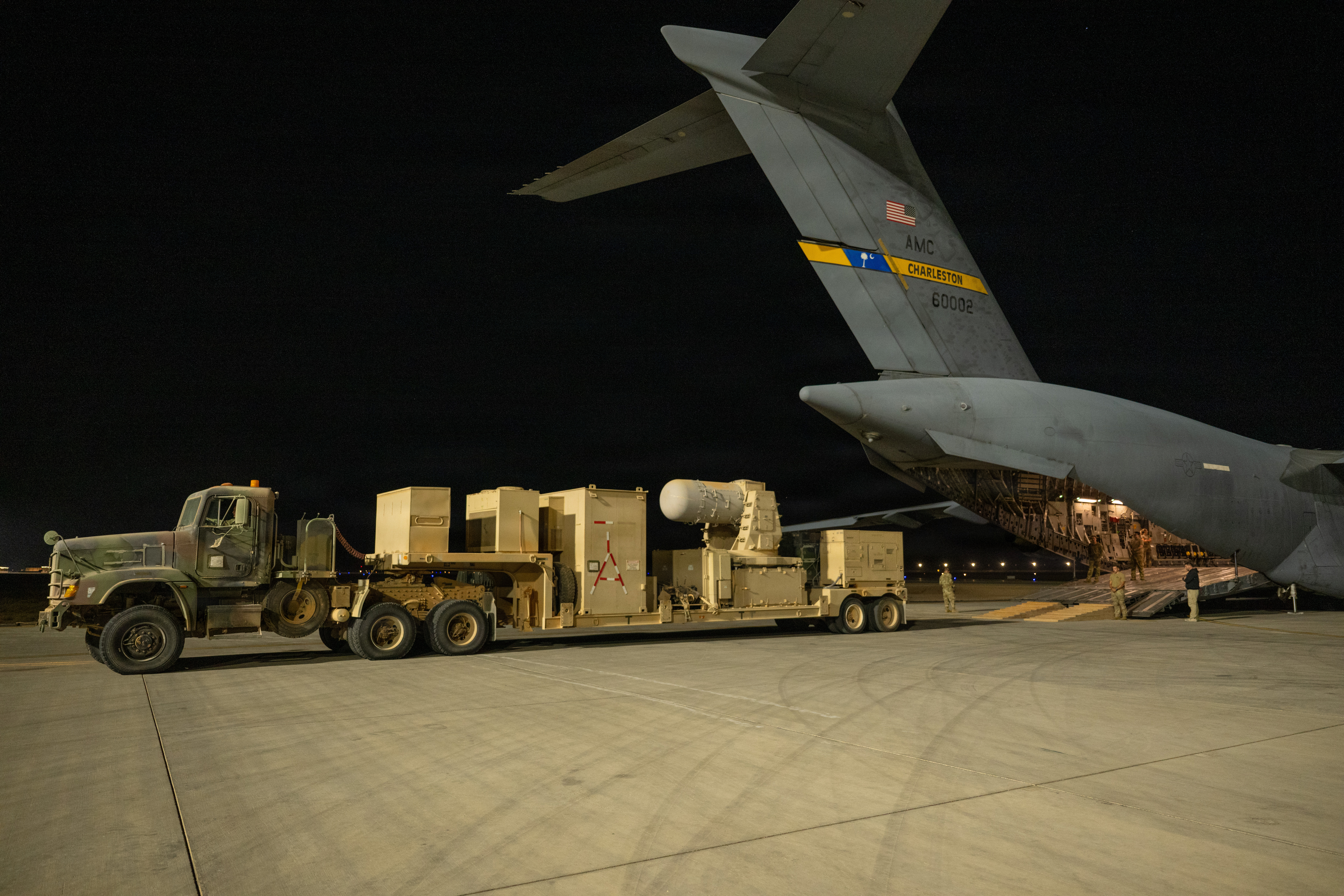Why Negotiation Skills Matter for Junior Officers

Junior officers in the Army often fail to realize how often they negotiate. Any time that you have to solve a problem with another person who has competing interests, you are negotiating. Need the ammo platoon leader to agree drop off your range ammunition at a different time? Need your partnered force to conduct an unscheduled joint patrol? Need your company commander to assign a tasking to another platoon? All of these are examples of a negotiation – whether you realize it or not. And your ability to meet your needs in situations like these (and a myriad of others) will be highly dependent upon your ability to negotiate effectively. In partnership with the Center for Junior Officers, the West Point Negotiation Project will present a series of blog posts over the course of the spring to build awareness and understanding of negotiations as a skill set – to help you become a more effective negotiator. To highlight the need, below is the story of the first time I realized that I was negotiating as a junior officer…and a time that I failed miserably at doing so.
A failure to negotiate effectively
In November of 2011, I took over as the Fire Support Officer for Bravo Company, 2nd Battalion, 8th Infantry Regiment in the Arghandab River Valley in Kandahar Province of Afghanistan. My new company was attached to 1-67 Armor just north-west of Kandahar City. I had already been in country for six months serving as the Targeting Officer and Battalion Fire Support Officer for 2-8 Infantry within the city proper. Before I showed up to my new position, I went through the “Contracting Officer” course at Kandahar Airfield to ensure I knew the proper procedures for dispersing funds. To say I was less than excited about this new additional duty is a massive understatement.
Fast forward a few months, and the company was vetting local nationals for their potential to join General Petraeus’ Afghanistan Local Police initiative through works projects in our Area of Operations. Essentially, we were using projects to hire any local who showed up regularly, was a hard worker, and could be depended upon. Based on the local national’s performance in these projects, we would then nominate him/her for the local police initiative. Our company had successfully begun a canal reconstruction project south-west of our headquarters in a village that was relatively amenable to us and our operations. The project cost less than I had initially estimated, and I had additional funds left over. I really did not want to go through the hassle of turning extra funds back into the Contracting Office, so I asked the local village elder if he had any other small projects he would like completed. While we went over possible options, I suggested one I thought was particularly easy to accomplish and that could provide a big return on the cost. While patrolling through his village, I had noticed there were no water pumps in the village. I suggested putting in some small hand-pump water wells. I had a contractor who could easily do them, and everyone knows that access to clean drinking water is a fundamental human need. The local village elder said the wells were unnecessary and suggested other options that would be better for his community. Our conversation ended amicably, and I stated I would let him know what I decided.
Later that week, I went ahead and submitted the paperwork to have a contractor put in the wells. The turnaround between submission and the completion of the wells was relatively short, and so a few weeks later I returned to the village to check the results. Seeking out the village elder, I expected to be greeted with a hearty “Thank You!” but was instead greeted with words that my translator did not feel comfortable translating. The village elder yelled repeatedly at me as we met outside his home. The village elder was upset that I had went forward with the wells. I was flabbergasted. Did he not realize that clean drinking water was necessary and that I was making life easier for the people of his village? Why could these wells be anything other than a 100% success? And that is how I reported the outcome of our well project, as a success because it was by every metric that mattered to me.
Unfortunately, our relationship with the village elder deteriorated because of my actions and what was a positive relationship became, at best, neutral. Thankfully, nothing of significance happened to a Soldier because of my actions. There were no attacks, no improvised explosive devices, or shots taken at our Company. The only real outcome was the tongue-lashing I received and the deterioration of an important relationship with a local partner.
What I learned about negotiation
This incident has always stuck with me because I simply could not understand why this village elder was upset with me. While it took a few years, I think I have finally come to understand why the elder was so upset. His village was the closest village to the actual river in our area. We could routinely see women from the village going to the river to wash clothing and return with water. By putting in the wells, I think I disrupted the social functioning of his village. If this story sounds familiar, you may have seen Tina Fey’s movie Whiskey Tango Foxtrot. In the movie, Tina Fey portrays the journalist Kim Barker. While the movie underperformed at the box office, it caused me to have one serious “Oh Crap!” moment. In the movie, Barker comes to learn that a well is being destroyed by the women of a village because its introduction was disrupting the social fabric of the village. Watching this movie in 2016, I began to ponder if I had made the same mistake. Unfortunately, I will never know.
In my hubris of believing to know what was best for this village in Afghanistan, I failed to understand why the village elder told me no. I failed to ask questions to understand what his needs truly were. I assumed I knew best and implemented my plan without consideration for the other party. Without knowing it, I was engaged in a negotiation with that village elder. If I had realized I was negotiating, I may have been able to apply some of the principles of negotiation that I now teach at the United States Military Academy. If I had realized that I was in a negotiation and that I needed to understand what was truly important to my counterpart, I could have maintained a positive relationship. Instead, I damaged that relationship and our partnership suffered because of it.
Takeaway
So, what can you as a junior officers who want to become more effective negotiators take away from my failure? First, realize how often you are negotiating. Negotiations do not just take place at big conference room tables at corporate headquarters and when you are buying a car. They are taking place when trying to decide where to go for dinner, where your in-laws are staying when they come to visit, and which Soldiers are going to get tasked for the latest detail. Second, once you have realized how much in life is a negotiation, you need to change your mindset from competition to cooperation. Instead of looking at negotiations as a me versus them outlook, understand that the best outcomes result from a joint problem-solving perspective. If the negotiation is no longer considered a “you versus me” battle, but an “us versus the problem” situation, we can arrive at better solutions for all. I’ll share more on this later. Please, come back to the Center for Junior Officers blog to learn more proven negotiation tips from the West Point Negotiation Project over the course of the spring!
———
Travis Cyphers is an active duty Major and the Director of the West Point Negotiation Project. He holds an Masters in Business Administration from the Tuck School of Business at Dartmouth College. MAJ Cyphers is a devoted RedLeg who is passionate about mentorship and leader development.
———
Image Credit: LCPL KENNETH E. MADDEN, III, USM; RCT 1



